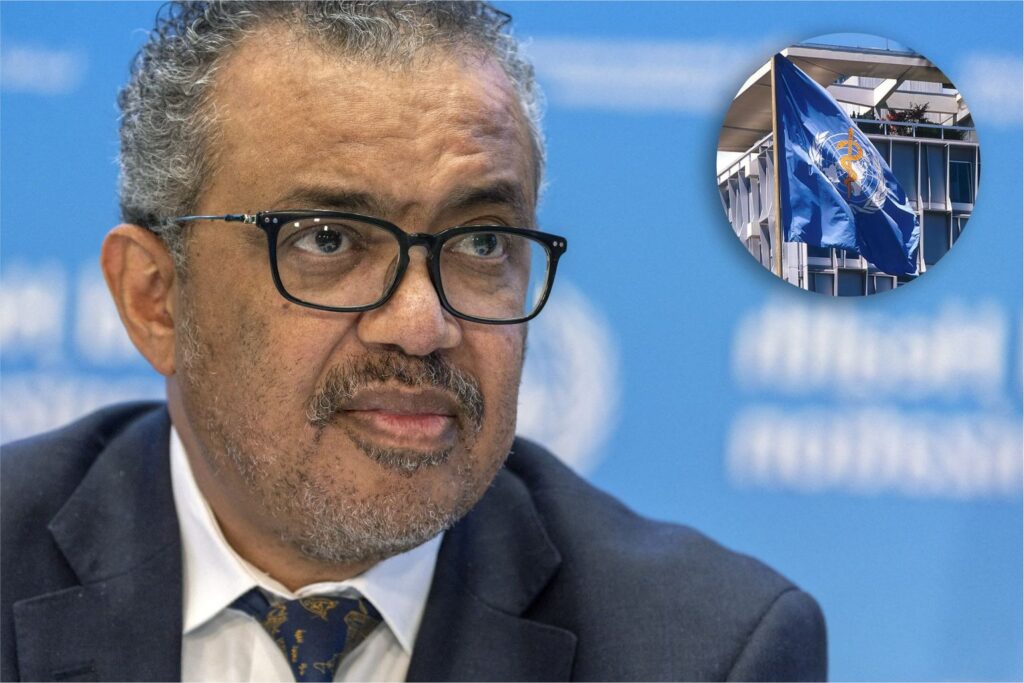
People in at least 70 countries are being denied access to essential medical care due to sharp funding cuts in global aid programmes, the World Health Organization (WHO) warned on Monday.
“Patients are missing out on treatments, health facilities have closed, health workers have lost their jobs, and people face increased out-of-pocket health spending,” WHO Director-General Tedros Adhanom Ghebreyesus said during the opening of the World Health Assembly in Geneva.
The WHO is currently facing a $600 million hole in its annual budget and is bracing for a 21% funding cut over the next two years. The situation is further complicated by the impending exit of the United States—WHO’s largest contributor—forcing the agency to rethink its funding model.
Also Read | US FDA clears first blood test for Alzheimer’s detection
Starting Monday, multiple WHO officials have joined donors and diplomats in Geneva to discuss how to cope with crises ranging from mpox to cholera without the involvement of the United States. As the United States prepares to exit the organisation, China is set to become the biggest provider of state fees, one of the WHO’s main funding streams and donations.
“Many ministers have told me that sudden and steep cuts to bilateral aid are causing severe disruption in their countries and imperilling the health of millions of people,” Tedros added.
Tedros said that states should consider spending more money on global health at a time when defence expenditures are increasing: “Countries spend vast sums protecting themselves against attacks from other countries, but relatively little protecting themselves from an invisible enemy that can cause far more damage.”
The WHO chief added that the health organisation has already taken steps to cut its workforce, budget and the scope of its work. WHO has revised its budget to 4.2 billion dollars for the next two years, 2.1 billion a year. “2.1 billion dollars is the equivalent of global military expenditure every eight hours,” Tedros told delegates.








